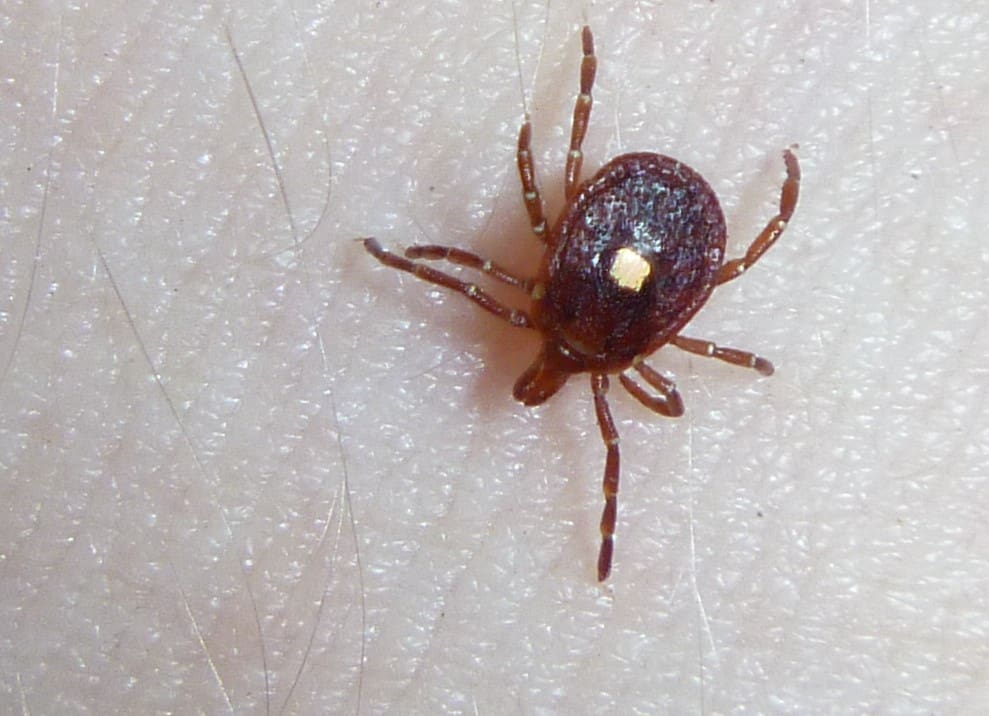Kansas State University researchers and extension specialists are collaborating on a project to address the growing issue of red meat allergies, specifically alpha-gal syndrome (AGS), which is affecting more people, particularly in rural Kansas. Priscilla Brenes, a nutrition and wellness specialist at K-State Research and Extension, noted that AGS is becoming increasingly common, especially in rural areas. The allergy, which is triggered by consuming red meat and other mammalian products, can develop after a tick bite, with the Lone Star Tick being the primary cause in southern, eastern, and central states.
Symptoms of AGS include hives, stomach pain, nausea, shortness of breath, dizziness, and in severe cases, swelling or even a drop in blood pressure. Brenes conducted a survey of Kansas extension agents in late 2024 and found that many feel there is insufficient information about AGS, with a demand for more educational resources.
Meat scientist Michael Chao is working on research to help individuals reintroduce red meat into their diets. His research, using mouse models, tests the reaction to various meat products, such as hot dogs and steak, in people with AGS. This research aims to provide a better understanding of how to manage red meat consumption for those affected.
Entomologist Yoonseong Park added that although the Lone Star Tick is the main cause of AGS, fewer than 10% of people bitten by the tick develop the allergy. Sensitivity to the allergen varies among individuals, with some being able to tolerate small amounts of red meat. Those who suspect AGS should consult a physician, as severe reactions can be life-threatening.
Brenes also mentioned that the extension service will conduct another survey, encouraging participation from residents across Kansas’ 105 counties, with financial incentives offered to respondents.













